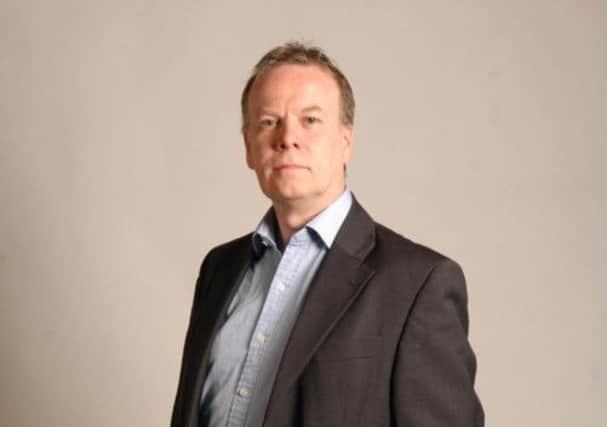Comment: Hard work begins as Carney’s honeymoon ends


His arrival in Threadneedle Street coincided with the early signs of a recovery. But it was his initial sentiments that prompted a positive response. The FTSE 100 enjoyed its biggest one-day rise of the year, while sterling and the euro fell, both reacting to the commitment of the Bank’s monetary policy committee and the European Central Bank to maintain a loose and dovish monetary policy.
Since then, things have got trickier. His much-heralded “forward guidance” was broadly welcomed but it did not provide as much certainty as some had hoped.
Advertisement
Hide AdAdvertisement
Hide AdHowever, sorting out the bigger economic picture must provide room for a more concerted attempt at boosting lending to businesses. There was little in his speech in Nottingham last week that suggested he had any new ideas.
He is stuck, at least for now, with the Funding for Lending Scheme, a means of getting cheaper money to the banks to pass on to customers, but there is scant evidence that it is working. Figures from the Bank last week showed overall lending up, but lending to small firms still in decline. Big firms and homebuyers seem to the main beneficiaries. That is a worry, given the number of times we hear that SMEs are the engine of recovery and jobs growth.
The banks still claim that a lack of demand is to blame but some analysts believe some business owners have simply given up on the banks on the assumption they will get knocked back. It seems some firms are drawing on reserves or resorting to friends and family. The latest figures also show average interest rates on loans rising, despite the governor’s commitment to low rates.
Clearly there is more for both the banks and Carney to do if the lending log-jam is to be properly eased.
Vodafone’s big call lies ahead
What is likely to be the third-biggest biggest transaction in history is poised on a knife-edge, with questions being raised about what Vodafone may do with the £85 billion proceeds from selling its stake in US business Verizon.
Some are also asking if the deal will put Vodafone into play.
It is said to be looking at acquiring assets elsewhere, though this is dividing opinion between those still eyeing its need to pay down its £28bn debt mountain and those who feel it cannot afford to miss out on any consolidation – or risk falling prey. There is talk of US firm AT&T circling.
Shareholders would prefer the cash came back to them. ShareSoc, the investor group, is advising Vodafone against another buyback, a tactic it seems to favour. Certainly, there is a growing clamour for as much as half the proceeds to be repaid to shareholders as a special dividend. ShareSoc calculates that if the £1.2bn spent on buybacks in the year to the end of March had been spent instead on increasing the dividend, then the payout would have increased by 25 per cent.
Twitter: @TerryMurden1